Mercedes-Benz has set a new electric car distance record during testing of its third-generation CLA.
Building on the benchmarks established by the sleek EQXX engineering concept, a prototype of the new saloon covered 2309.6 miles within a 24-hour period at the Nardò test track in Italy
This surpasses the 24-hour distance of 2128.2 miles set by the Porsche Taycan on the same 7.9-mile banked oval in 2019.
Based on the Mercedes-Benz Modular Architecture (MMA) platform, the CLA is the first of four new compact electric models the German car maker plans to launch by the end of 2026. Successor models to the CLA Shooting Brake, EQA and EQB are also in the pipeline.
All four models feature a newly developed 800V electric architecture – the first of its kind to be used by a series-production Mercedes-Benz – in combination with new-generation electric motors, heat pumps and the MB:OS operating system.
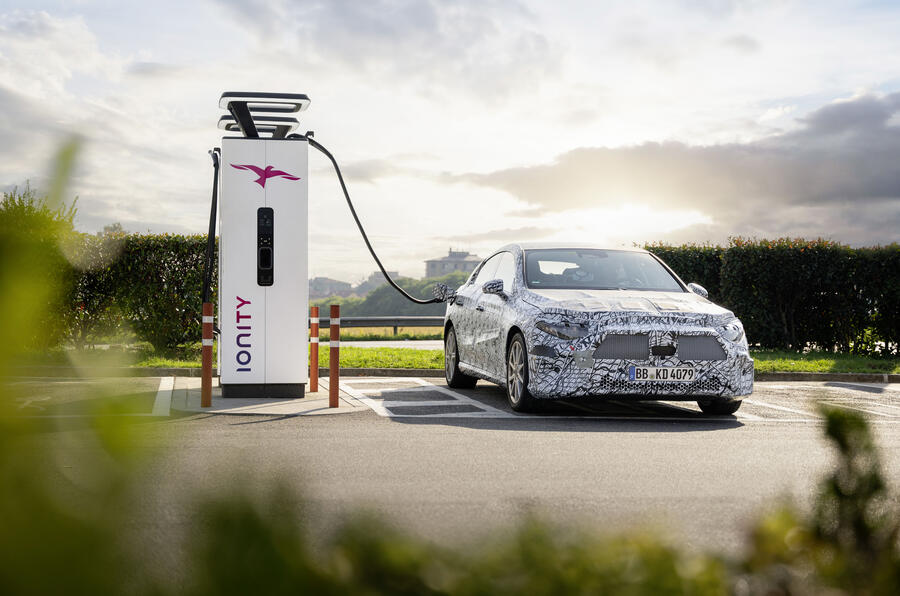
The CLA prototype used for the record attempt was taken from a fleet of production-based engineering mules already undergoing durability testing ahead of the model's planned launch early next year. It ran alongside a back-up prototype. Both cars featured a driver and front passenger as well as data loggers and other test equipment.
Key to the record was a clever charging strategy, dubbed “plug and dash”, which was developed to maximise driving time. Rather than dipping well into the energy reserves on long periods of driving before recharging, Mercedes-Benz opted for shorter driving stints paired with frequent charging stops.
“Regular charging brings a decisive advantage in both distance and time efficiency – essentially, how many kilometres or miles can be driven for every minute of charging,” said Christian Pfeiffer, team lead of Mercedes-Benz’s latest electric drive system.

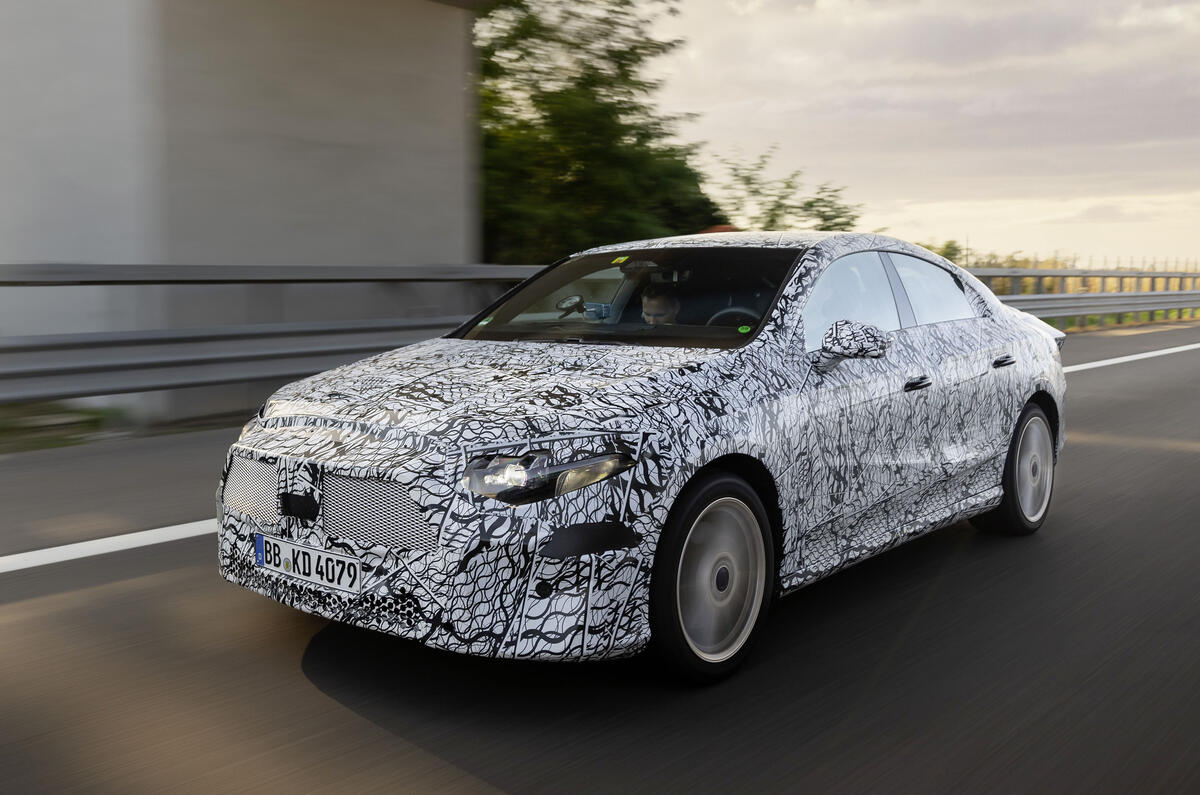
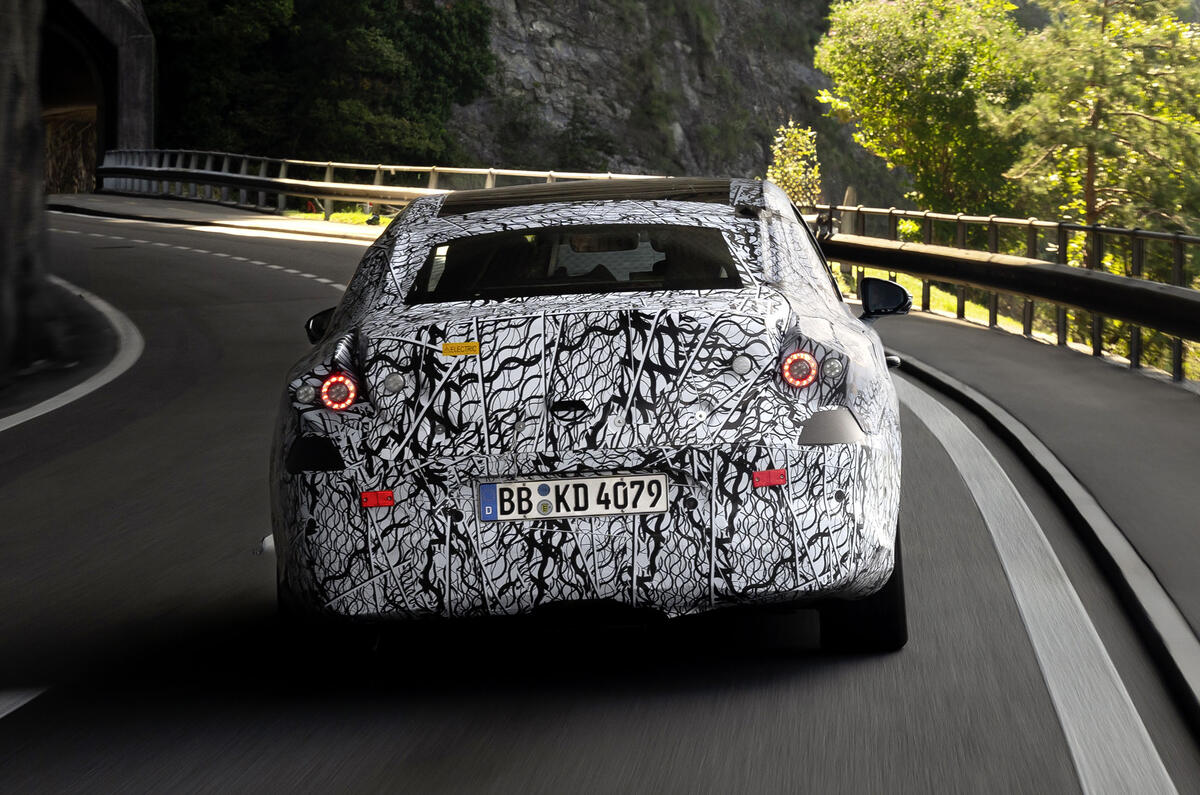
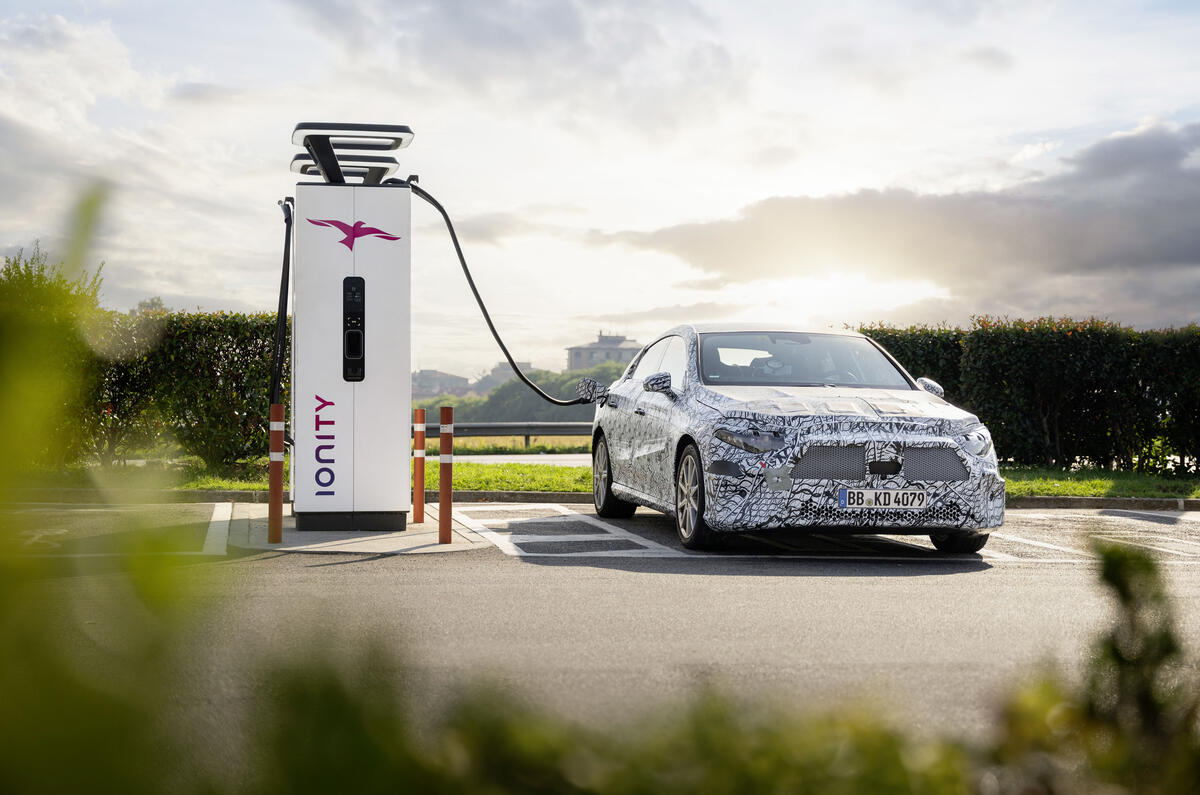




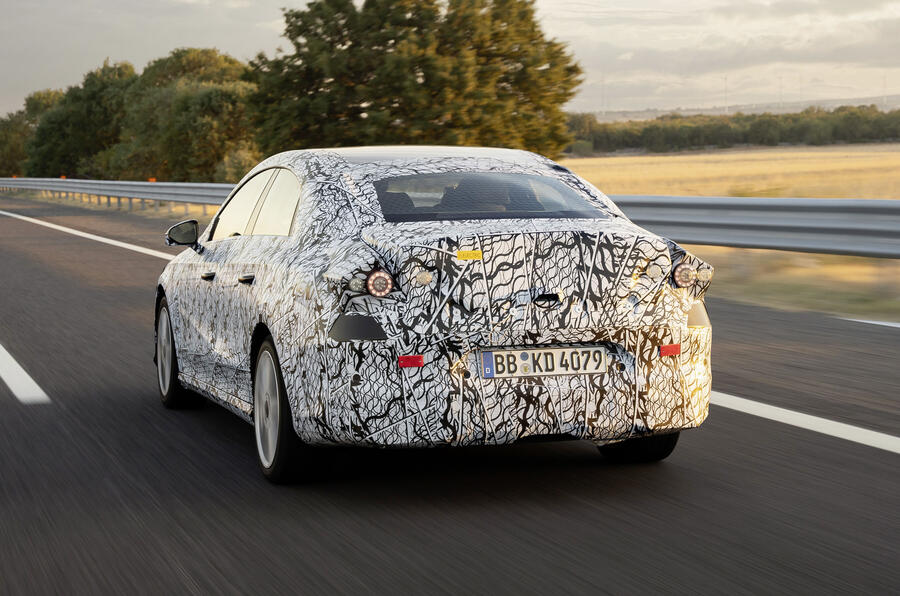


Join the debate
Add your comment
So, for the 17 hours 20 minutes that the car was moving it averaged 133mph. Wow.
Does anyone actually care MB?
I find this improvement in efficiency interesting, much more so than just adding bigger batteries
Exactly, it sounds like an intelligent approach.